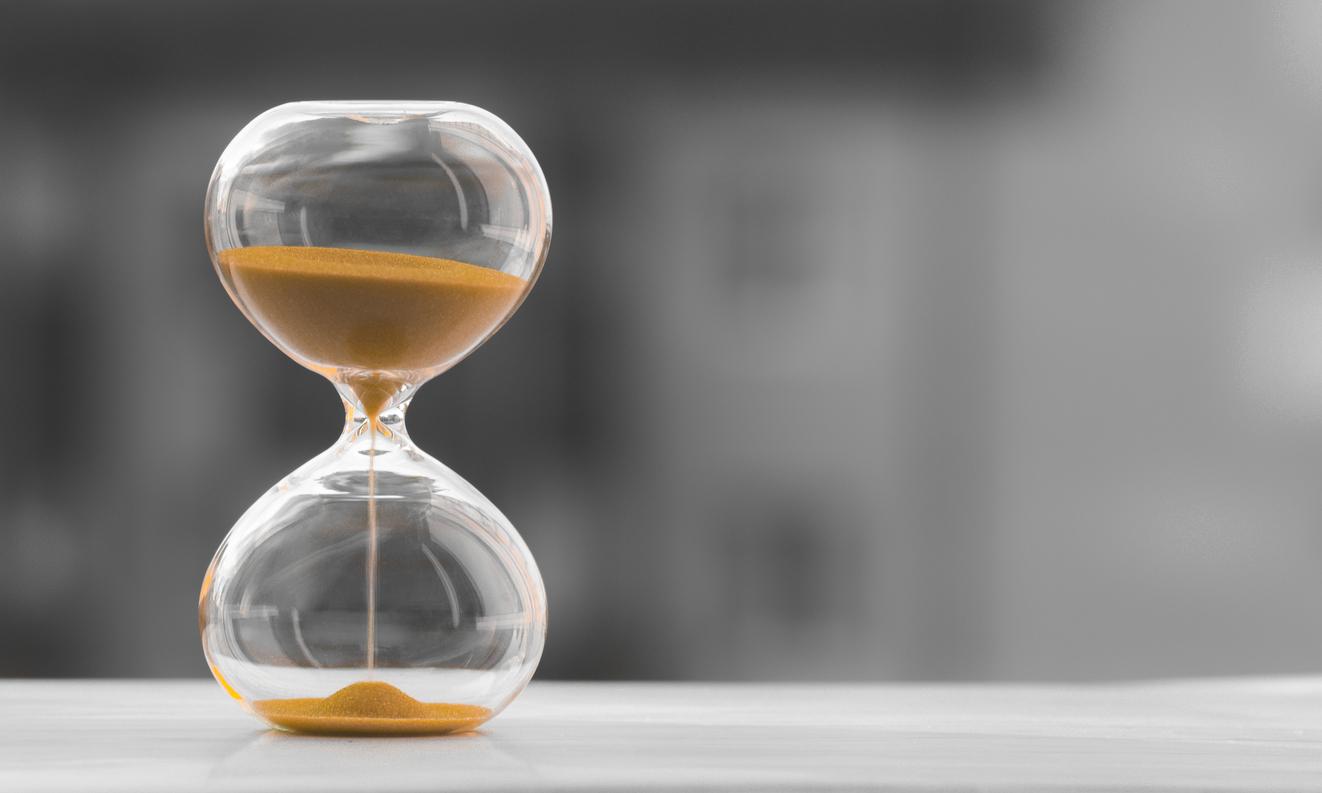December 16, 2004- Could it be that maternal caresses play a role in the genetic development of the child, by modifying the stress reaction system? This is what Dr Michael Meaney, from the Douglas Hospital in Montreal, and his colleagues will try to demonstrate over the next five years.
In addition to being pleasant and comforting, maternal hugs deactivate the genes responsible for stress reactions, according to Dr Meaney who hypothesizes that the most fondled infants produce less stress hormones and can thus develop a greater capacity for learning than those whose mothers are less affectionate.
About fifteen Canadian laboratories will try to verify this hypothesis. Observation of maternal behavior, questionnaires and analyzes of glucocorticoids, a stress hormone, will be among the means used for this study.
This project, called MAVAN (Maternal Adversity Vulnerability and Neurodevelopment), stems from the work that Dr Meaney performed with raccoons. He has shown that pups that are often licked by their mothers produce less stress hormone. More serene, these raccoons show greater calm when subjected to a stressful situation, while showing greater ease of learning than those whose mothers were less inclined to lick.
If the human observations go in the same direction as the data collected with the pups, the Montreal researcher believes that less stroked children will be predisposed to certain learning disabilities, such as hyperactivity with attention deficit disorder.
But it is good to note that a “deficiency” in maternal caresses does not mean that all is lost, since a substitution can take place, thus reversing the effects on the genetic development of the child. According to what Dr Meaney, when a little licked raccoon is “adopted” by a spleen which licks its young a lot, this raccoon would have a normal development.
Marie france Coutu – PasseportSanté.net
According to the Agence science Presse.













